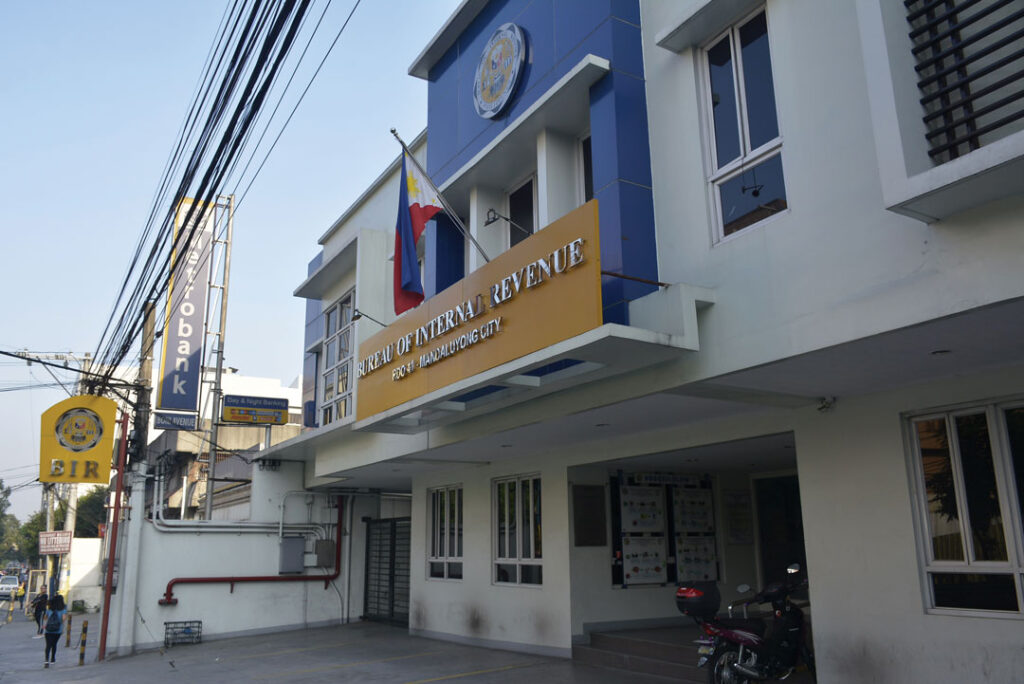Despite government efforts, the illegal gambling market in the Philippines is thriving, with turnover likely to be in the trillions of pesos. Joe Pisano, CEO of Jade Entertainment, writes that the public and the government need to take more action to combat the problem and reap the benefits the industry can provide.

The gaming industry in the Philippines is a cash cow for the government, generating billions and billions of gross profits and significantly contributing to the country’s tax revenue.
According to the regulatory body, the Philippine Amusement and Gaming Corp. (PAGCOR), the organization is now hitting its gross gaming revenue (GGR) target, generating about P17 billion ($321.5 million) from January to April 2022.
PAGCOR Chair and CEO Andrea Domingo has said that by the end of the year, it may be possible to have about P60 to P65 billion of GGR which is almost twice as much as last year.
Generally, any money-making gaming facility in the Philippines must be licensed and subject to government laws. Despite the efforts of past administrations to regulate, illegal gambling is everywhere and growing.
President Rodrigo Duterte signed Executive Order No. 13, which defined illegal gaming and appointed the Philippine National Police (PNP) and the National Bureau of Investigation (NBI) to be the two leading agencies to fight and suppress illegal gambling operations in the country.
However, there is an uncounted number of illegal online betting sites in the Philippines and on social media, people can sign up and place a bet without the proper player verification process.
What makes it more convenient are the payment gateways. A player can add funds to an account with just a click of the fingertips. Advanced cash-in/cash-out channels paved the way for easy account funding and withdrawal.
Social media has also been exhausted by acquisition agents as a marketing tool to encourage player registration.
Just recently, President Duterte terminated the operations of e-Sabong, or online cockfighting, citing social implications and moral damages to its patrons after more than 30 players went missing.
It cannot be denied that authorized legal gambling contributes greatly to the Philippines’ economy. Casinos, for example, increase indirect tax revenue, through the creation of jobs.
They also provide establishments for other businesses such as restaurants, cafés and shops. This is what our country needs to pump up our economy and illegal gaming operations are taking it away from us.
Consider the vast amount of revenue that could be raised and how many jobs could be created if the government were able to license and regulate these widespread illegal operators.
The illegal market has grown despite efforts to expand legalization. And Consumers sometimes might not even be aware they are betting through unregulated sites.
We encourage the general public to report illegal sites to the PNP, NBI, and if they are using social media to solicit bets and registration, alert the platform provider that the site is being used for illegal activities.
We also encourage the central bank to control the flow of cash from illegal sites via payment gateways. The authorities can also alert the offshore licensing jurisdiction that their licensee is operating illegally in a foreign jurisdiction.
The illegal gambling market could now be in the trillions of pesos annually and the country is not reaping the benefit of that income and consumers are not being protected.
I ask the 13 licensees to assist the government to report any illegal activity and help protect the industry and consumers.
In this age, most people live for pleasure and entertainment. Where gaming is normalized and frequently practiced, it has become a significant large-scale business.
The general public, social media platforms, and payment gateways can assist the government to implement laws and eradicate the illegal operators, only then the country can fully reap the fruits of its earning power.




